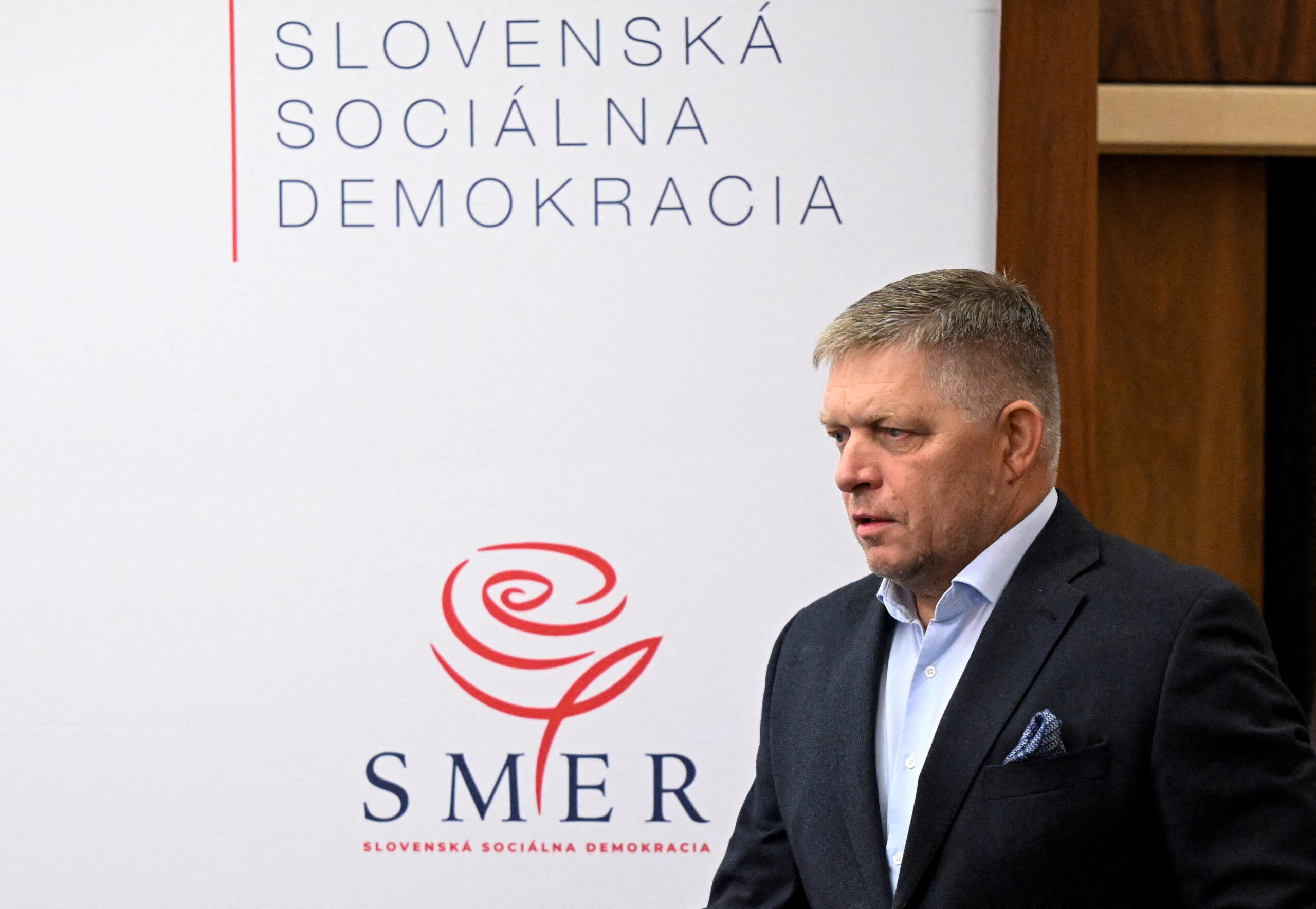Longevity, influence and the social media trap: Who do we trust with our health?
In a world where six-pack abs are flaunted more than six-point health plans, who are we really trusting […]

Slovakia’s new government, led by populist Prime Minister Robert Fico, approved an amendment of the country’s penal code to cancel the special prosecutor’s office that deals with most serious crimes and corruption. The move has been been criticized by President Zuzana Caputova, the opposition and non-governmental organisation who say it will harm the rule of law in the country.
The Arguments
The proposed alterations to the legislative process, aiming to transfer the prosecution of major crimes such as high-profile murders, terrorism, and corruption to regional prosecutors’ offices, which have not handled such cases for nearly two decades, are anticipated to be finalized in the coming weeks. The closure of the special prosecutors’ office is expected to be completed by mid-January.
Thousands of individuals gathered in the capital in the last days to express their opposition to the proposal, asserting that the proposed amendment poses a threat to the principles of the rule of law. The opposition, Progressive Slovakia, Christian Democrats, and Freedom and Solidarity parties, will organize more demonstrations in the following days.
According to the opposition, the amendments planned for the country’s penal code are perceived as an attempt to provide assistance to individuals suspected of corruption, particularly those associated with the leftist SMER (Direction), the party led by Prime Minister Robert Fico.
The Facts
Prime Minister Robert Fico, despite his party’s history ridden of corruption scandals, secured his fourth term in office after the party’s victory in Slovakia’s parliamentary election on September 30, advocating a pro-Russian and anti-American stance.
Critics express concerns that Fico’s return may prompt Slovakia to deviate from its pro-Western trajectory, drawing parallels with Hungary under Prime Minister Viktor Orban. Already, some elite investigators and police officials dealing with high-profile corruption cases have been terminated or placed on leave. The proposed legal changes also involve a reduction in penalties for corruption.
Under the previous government, which took office in 2020 with an anti-corruption agenda, numerous senior officials, police officers, judges, prosecutors, politicians, and businesspeople associated with Fico’s party faced charges and convictions for corruption and other offences. Fico promised to terminate the cases if he returned to power, saying the’re politically motivated. The fate of pending cases remains uncertain under the new legislation, but they will likely be ended.
The European Union announced that the impact of the reform will be debated with Commission and Council next week, as it is a “step backwards” regarding the rule of law.

In a world where six-pack abs are flaunted more than six-point health plans, who are we really trusting […]

In the era of social media, post-COVID, and with mental health at the forefront, a shift is taking […]